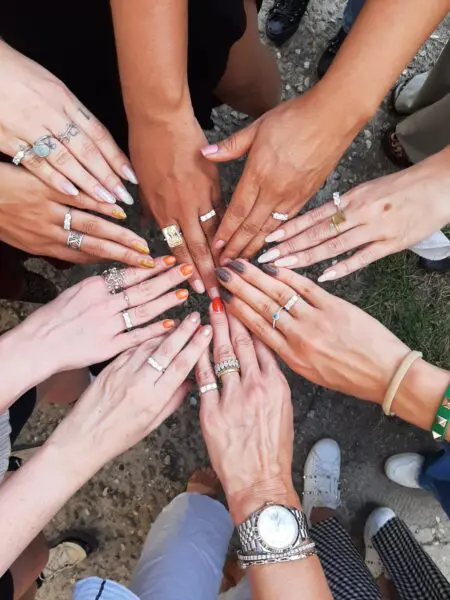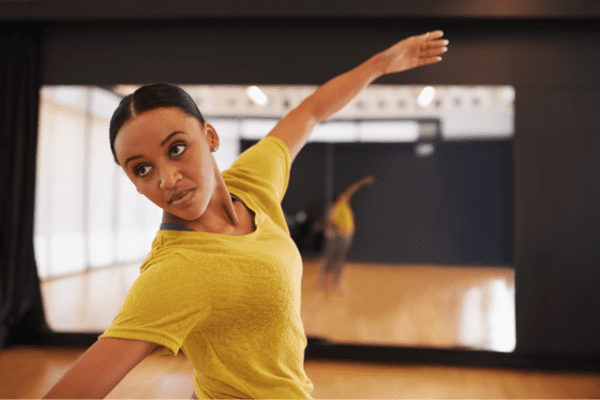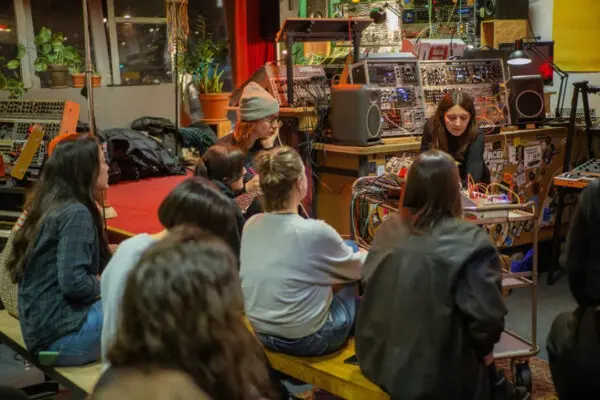
Florence, Italy
Stone Setting Flash
When:
15 September - 23 September 2025
Credits:
0 EC
Read more
Performing Arts, Creative Arts and Design
When:
01 August - 04 August 2022
School:
Berlin Summer University of the Arts
Institution:
Berlin University of the Arts
City:
Country:
Language:
English
Credits:
0 EC
Fee:
490 EUR

In this workshop we will focus on collaborative artistic formats and networks. We will experiment playfully with material in and out of public spaces to extend our existing ideas on collective working practices through exercises, interventions and group challenges. Based on this, we will question, develop, discuss and evaluate potentials of collaborative working methods. Next to these practical-orientated sessions we aim to invite and learn from existing collaborations, artists and networks.
The idea of the individual artist as a genius is outdated. The art world today is based on networking.? Artistic collectives are becoming increasingly relevant.
In 2021, all short-listed Turner Prize nominees were artistic collaboratives, Berlin-based collective Raumlabor received the Golden Lion at the Venice Architecture Bienale in the same year and in 2022 the Indonesian artists' initiative Ruangrupa (“make friends, not art”) will curate the Documenta 15 in Kassel.
In this 4-day workshop we aim to playfully engage with methods of collaboration. How do we come together as a group and what potential value is created when sharing artistic processes and experiences with one another? We will become a group that playfully approaches methods of collective working. We will become active through an array of different exercises, interventions and group challenges. We will work inside the seminar room and outside of it.
We want to discuss and critically engage in questions such as: what does it mean to work collectively? Does activism exclude aesthetics? How do we want to manage hierarchies in group-dynamics? How important are networks? How do we build trust within the group? What are different formats of collaborative working structures? How can I integrate collaborative methods into my own artistic practice?
Next to practical-orientated discourses we will talk to existing collaborations, artists and networks about their structures and approaches in order to help us contextualize and extend our own ideas and concepts further.
There will be room for exchange, ideas, feedback and experimentation.
Lexia Hachtmann, Amelie Plümpe
Fee
490 EUR, Min. number of participants: 12 Max. number of participants: 15
When:
01 August - 04 August 2022
School:
Berlin Summer University of the Arts
Institution:
Berlin University of the Arts
Language:
English
Credits:
0 EC

Florence, Italy
When:
15 September - 23 September 2025
Credits:
0 EC
Read more

Berlin, Germany
When:
25 August - 30 August 2025
Credits:
1 EC
Read more

London, United Kingdom
When:
09 June - 01 August 2025
Credits:
12 EC
Read more